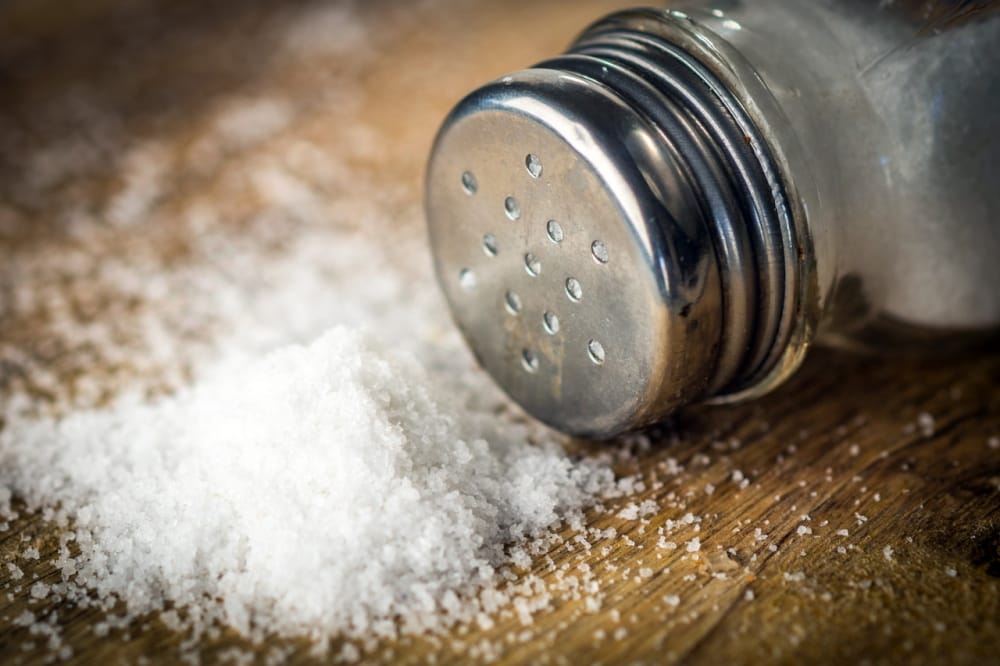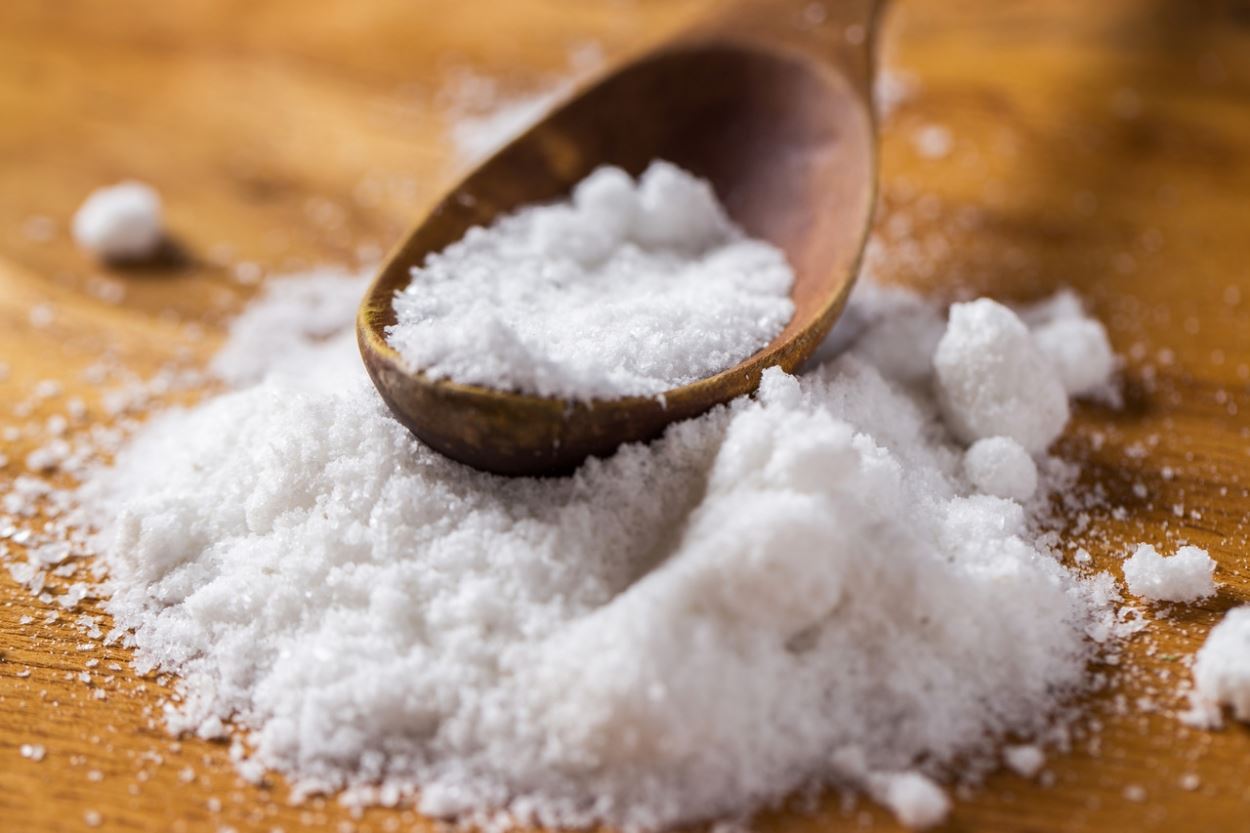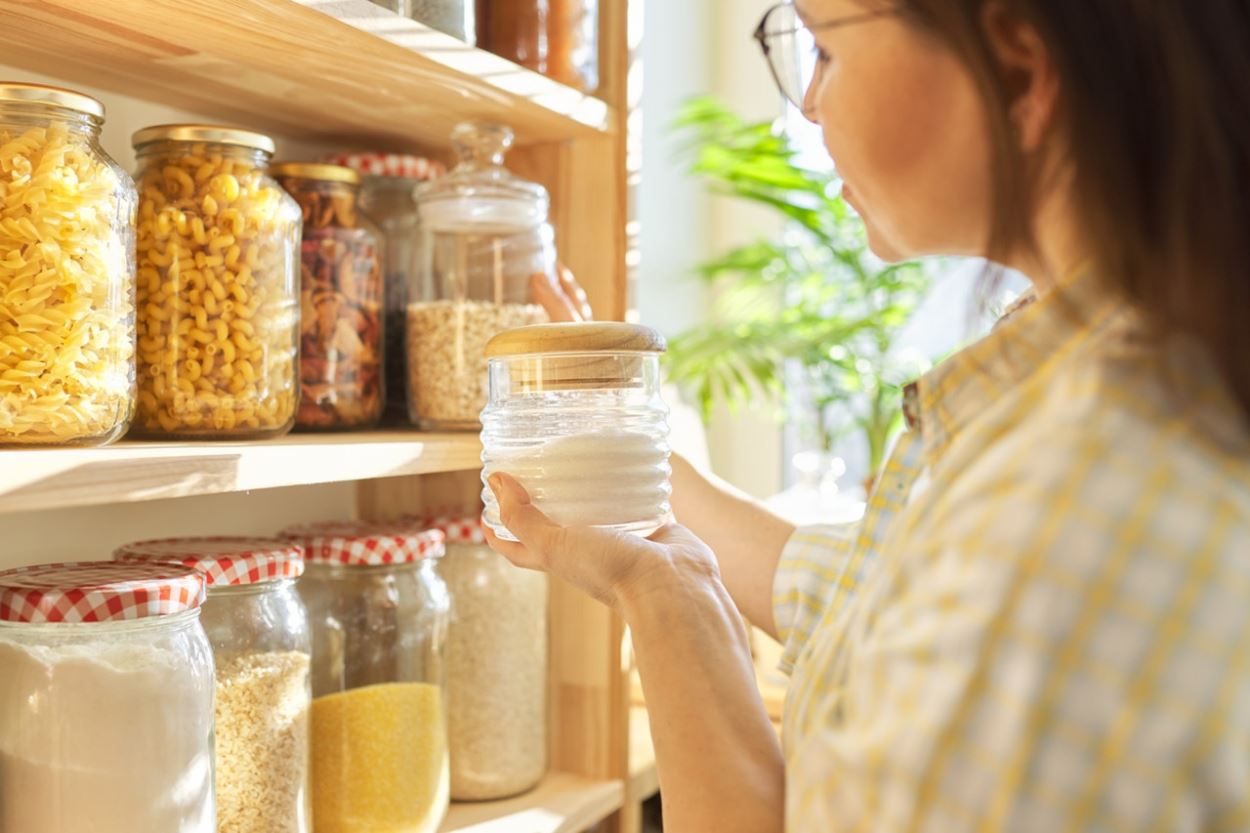How Long Does Salt Keep Its Flavor?
2021-02-04(88528)
How can salt lose its saltiness, or can it? Tons of food is getting tossed away because of expiration dates. Often, those expiration dates are only recommendations by the manufacturer and indicate the best quality, not when it becomes unsafe to consume. Some food indeed spoils when their recommended consummation dates expire; however, some doesn’t go bad. Ever.
Foods like salts last indefinitely despite their expiration dates. So, if you ever asked yourself, “can salt go bad?” while cleaning out your spice cabinet or pantry, keep on reading before you throw away that large bag of salt that is way past its date. As Turkey’s largest salt exporter, Koyuncu Salt, we will be discussing the flavor of salt.
Does Salt Go Bad? What About Clumps?
Some foods stand the test of time well. Salt is one of them. When you see a dusty container of salt hiding behind other spices for quite some time and is way past its date, you may consider throwing it out at first impulse. But, can salt go bad? The answer is both yes and no. Natural salts without any additives can never go bad.
After all, salts have been around for thousands of years, and they were used for food preservation in ancient times. That means salt can actually prevent bacterial and microbial growth in meat and other foods. Foods spoil only when bacterial, fungal, and microbial growth take place. This bit is for the ‘no’ answer. What about the ‘yes’ part?
If salt goes bad, how can salt lose its saltiness? Although natural salts can never spoil, table salts with additives can lose their flavor and texture over time. Refined table salts contain iodine to enhance flavor and health properties and anti-caking agents that protect it from clumping.
· These additives degrade over time, which is why table salts have approximately five-years of shelf life.
· Exposure to moisture or metal ions causes taste degradation as well.

Why Salt Clumps
Salt clumps because it is hygroscopic. Hygroscopic means that salt tends to absorb moisture from the surrounding air. Say that you store salt in a cardboard box in your kitchen. It will eventually attract water vapor from the steam when you are cooking and absorb the damp. You should store salt in airtight containers to prevent it from clumping.
Take a look at our related blog post, How to Store Salt on Long Term, to find out the best way to store salt in its finest condition for a longer time.
Why Does Salt Have an Expiry Date?
Refined salts have an expiry date due to the additives they contain or a “best by” date, indicating when salt will be best. Additive-free, natural salts are safe to consume, regardless of the expiration date label when there’s no contamination.
How Can Salt Lose Its Saltiness & Flavor Over Time?

We have emphasized that in its natural form, without additives, salt doesn’t lose its saltiness or flavor. Consumable salt is a mineral compound consisting of sodium and chloride (NaCI). It is extremely stable and therefore cannot lose its savor or degrade over time, unlike spices. Spices are essentially dried parts of plants and have a freshness factor, affecting the flavor.
Check out “Is Salt Considered a Spice or Not?” to find more details about spice and salt comparison.
As a matter of fact, the notion of salt losing its saltiness derives from the Christian Bible. It was used as a metaphor in a religious lesson. However, salt could indeed lose its flavor in the New Testament times. The primary reason for that was because often, salt wasn’t pure back then. Salt might lose its flavor under certain conditions when it contains chemical impurities.
Other possible reasons might be:
· Salt might have absorbed humidity and eventually evaporated and left behind a substance that looked like salt but did not taste like it.
· Taste disorders that cause loss of the ability to taste food properly can also cause taste buds to receive saltiness.
We have discussed the question, “how can salt lose its saltiness, and can salt go bad.” To sum up, salt cannot lose its flavor unless exposed to certain conditions or contains additives.




